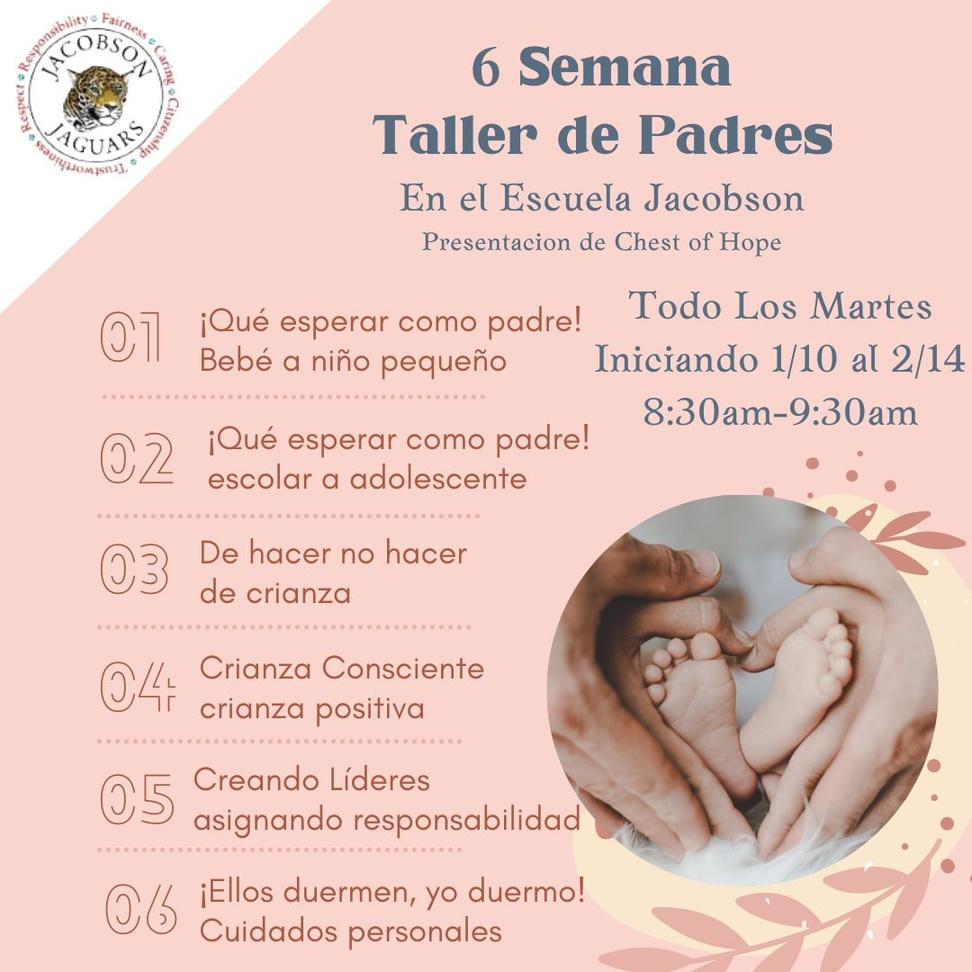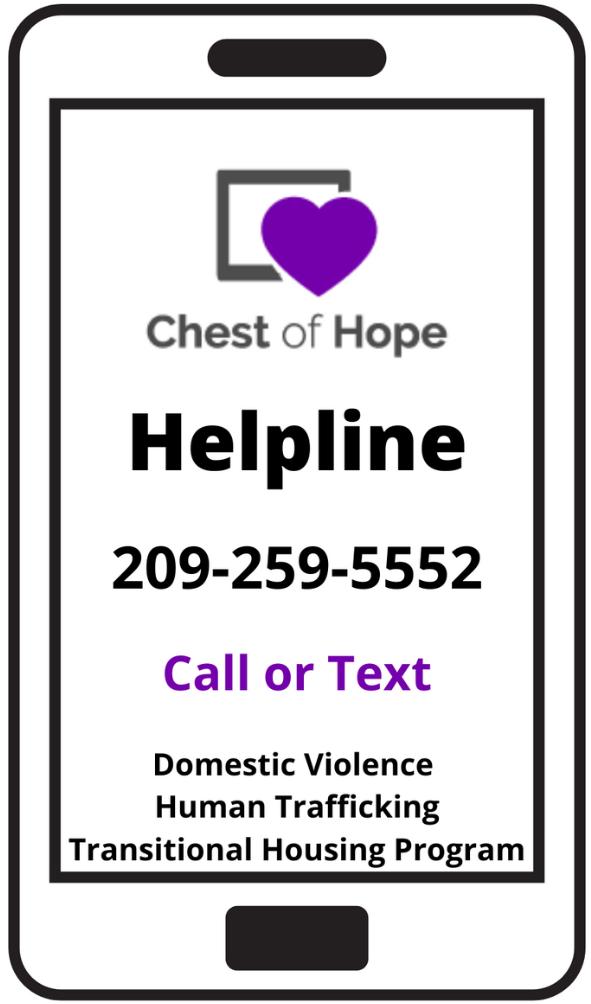CHEST of HOPE
Teen Dating

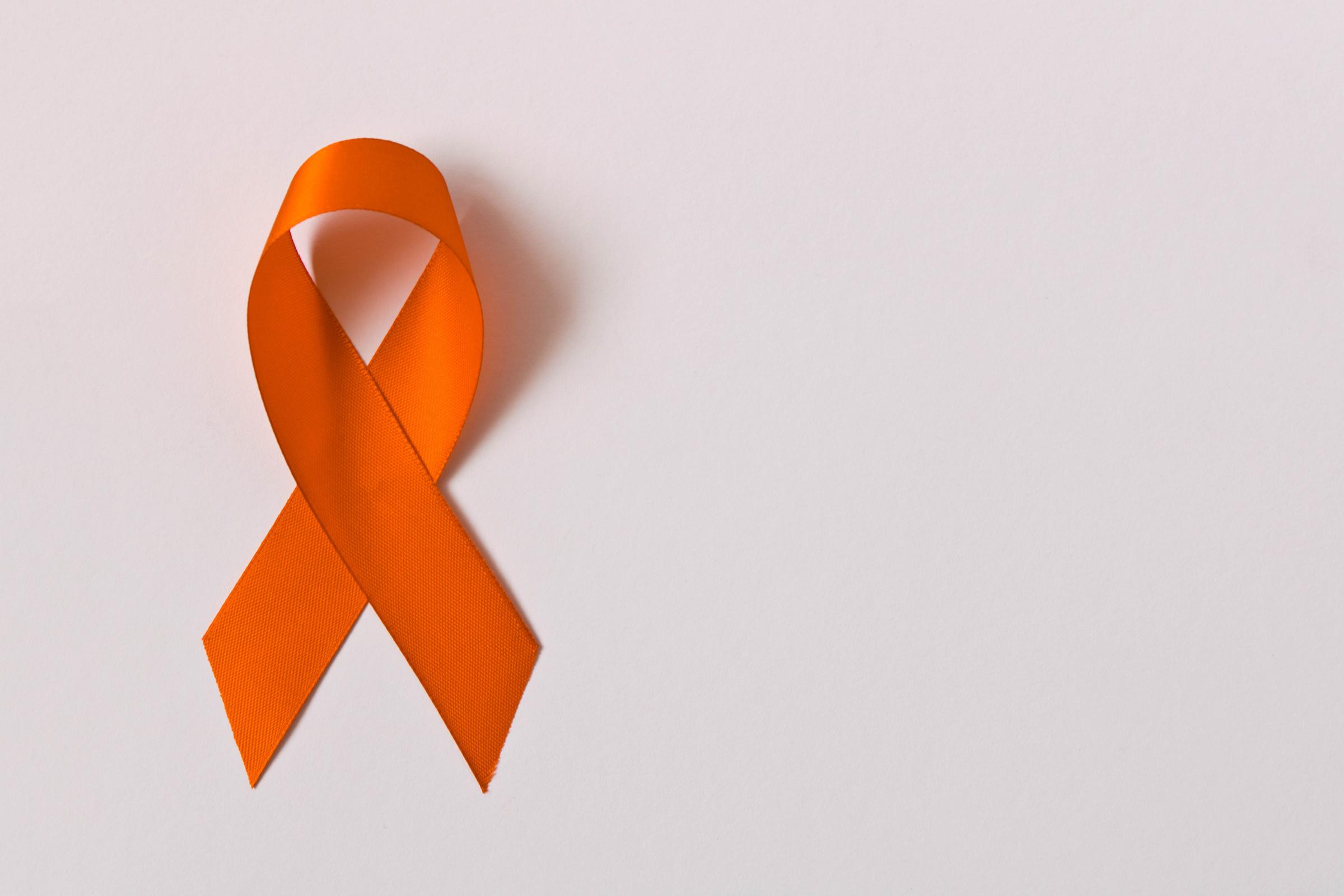





January was observed as national slavery and Human Trafficking Prevention month; according to the U.S.DepartmentofState,“HumanTrafficking”includessextrafficking,forcedlabor,domesticservitude, debt bondage, and the unlawful recruitment of use of child Soldiers. While some of these offenses might apply to what we are familiar with, I would like to mention a case of a sex-trafficked individual recentlysenttous.Roxanne(namechangedforprivacy)wasanewwreckwhenshecameintoourcare; the first thing that was observed was that she clutched herself a lot and was very jumpy; we gave her timetoadapttohernewenvironmentandtocalmherselfdownandfeelcomfortabletospeakwithher casemanager.ThenutsandboltsofitRoxannewasinpainhencethereasonshewasclutchingherself. She was sent to a clinic where she was diagnosed with all communicable deceased except HIV, and these are the clients that COH assists daily, weekly, and monthly. She does not have a birth certificate. We were able to assist her in applying and have one mailed to her so she can now apply for an ID to applyforservicesshemayneedandrequire.Thisexcerptisjusttoshedlightonthetypesofserviceswe provide; these extras are by no means come by giant fudge, so when we fundraiser, it’s to assist with the “extras” Just know that everyone who donates to our organization financially or In-kind is very much appreciated. As January 2023 started the new year for everyone, we desire that you would consider becoming a partner and assist us in our quest to procure the funds needed to become selfsufficientinhousing.Pleasejoinusonoursocialmediapages,FacebookandInstagram,tostayabreast of what we are doing; I also would like to say A great big heartfelt Thank you to everyone whole attendedourfirstannualCrabfeedonJanuary20th


In 2010, Congress called for a resolution declaring February as Teen Dating Violence Awareness Month to raise awareness about healthy dating practices and relationships amongst teenagers. TDVAM allows communities to work together to prevent the cycle of violence in abusive relationships and provide resources and support for teens in abusive relationships
Approximately one in three adolescent girls in the United States is a victim of physical, emotional, or verbal abuse from a dating partner. About the same number say they have committed relationship violence themselves. Nationwide, 12% of 9th-12th grade girls have been physically forced to have sexual intercourse when they did not want to. One in six women was raped before age 25; 42% of female rape victims were first raped before age 18 19% of young women report experiencing completed or attempted sexual assault since entering college. Most of these victims are assaulted by someone they know, primarily an acquaintance or a fellow student. 43% of college women report experiencing violent and abusive dating behaviors, including physical, sexual, verbal, and controlling abuse. 22% have beenvictimsofphysicalabuse,sexualabuse,orthreatsofphysicalviolence.*(cont'dPage8)

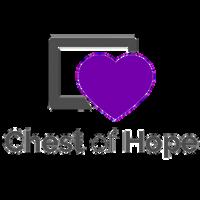
Chest of Hope would like to express gratitude to everyone who supported our first crab feed fundraiser last month. Our dedicated board of directors, staff, volunteers, sponsors, and community supporters helped make our first fundraiser of the year a huge success!

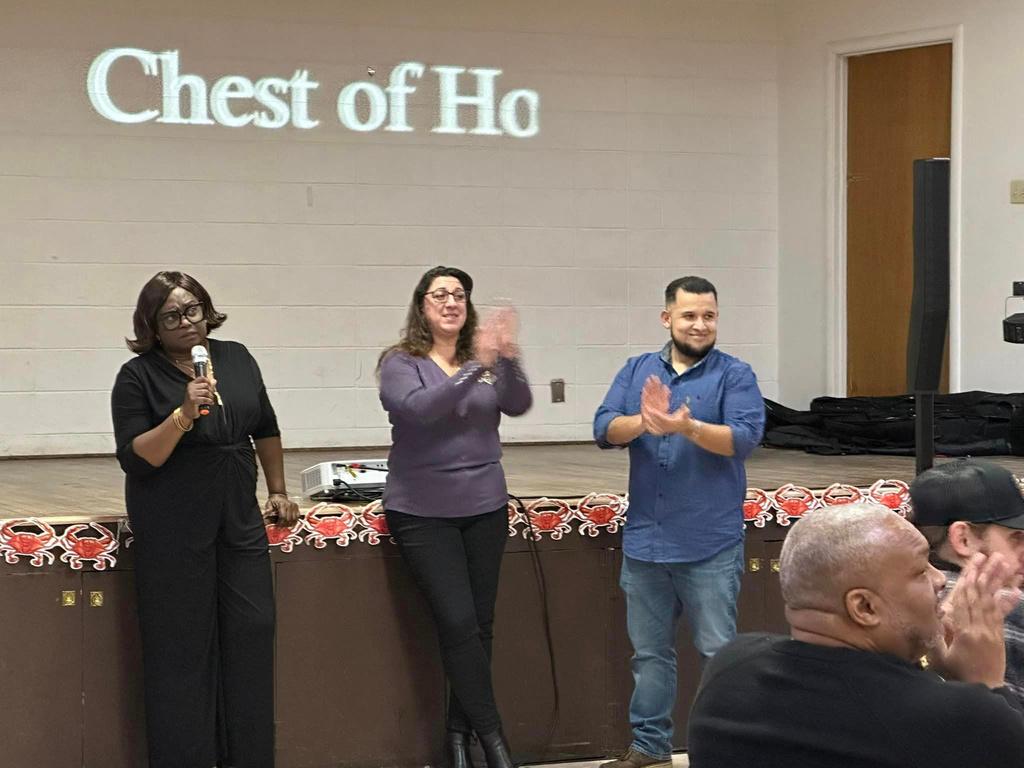
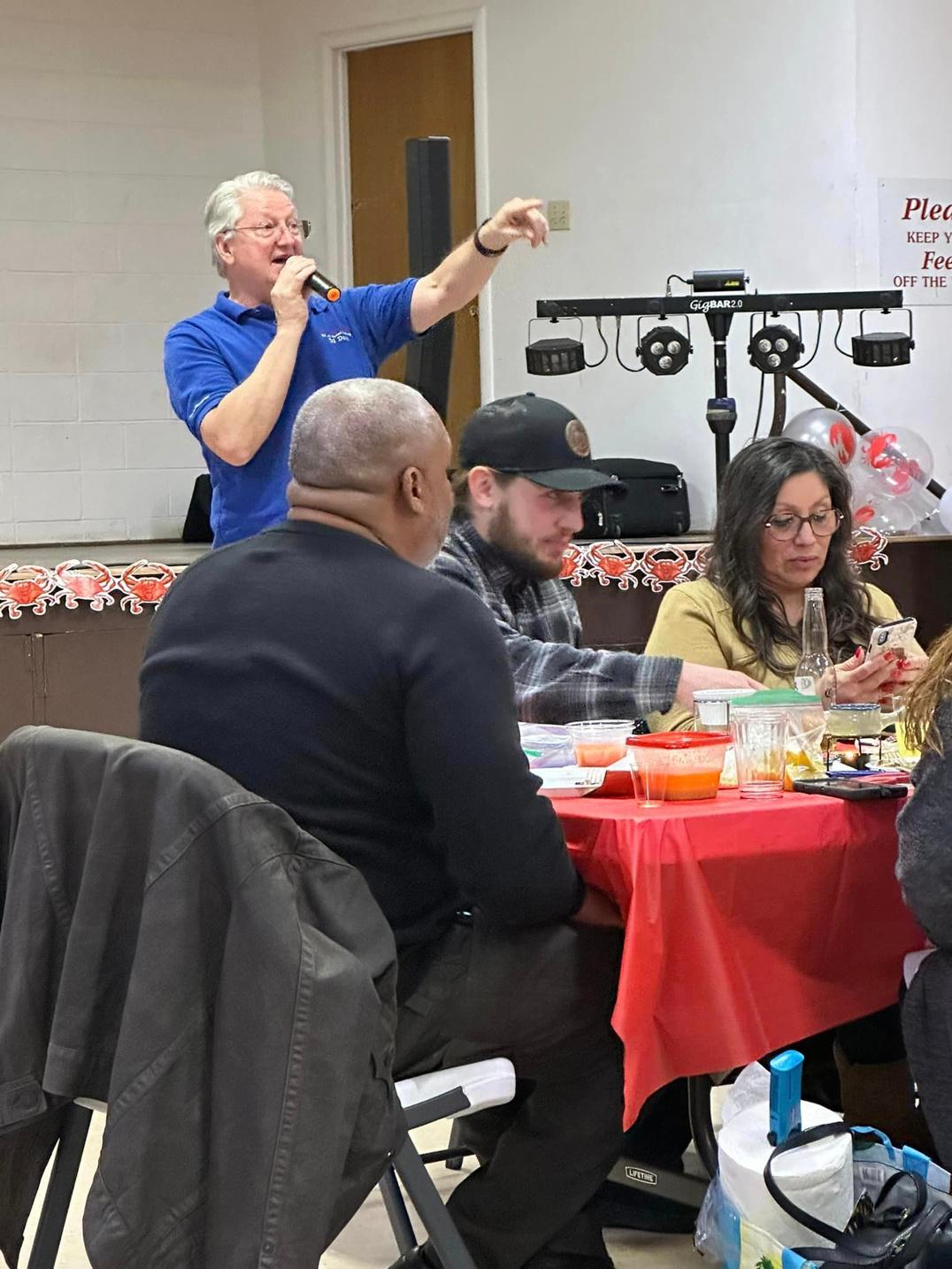
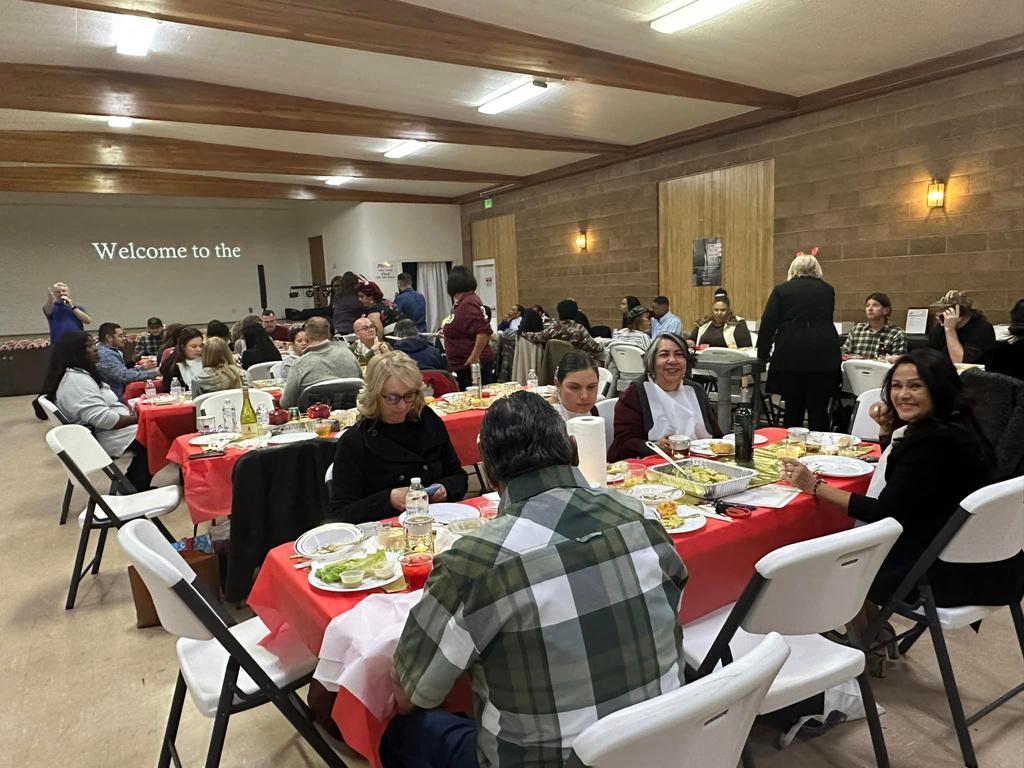
According to the California Department of Public Health, in 2019, nearly 26,000 teen dating violence cases were reported in California. This statistic highlights the need for greater education and support for teens and young adults According to the San Joaquin County Health and Human Services Agency, approximately one in three high school students in San Joaquin County reported experiencing physicalorsexualabuseinadatingrelationship. Additionally, the California Healthy Kids Survey found that 306% of San Joaquin high school students reported experiencing physical dating violence, and 92% reported experiencing sexual dating violence. These findings suggest that teen dating violence is an issue in San Joaquin Countyandwarrantsincreasedattention.

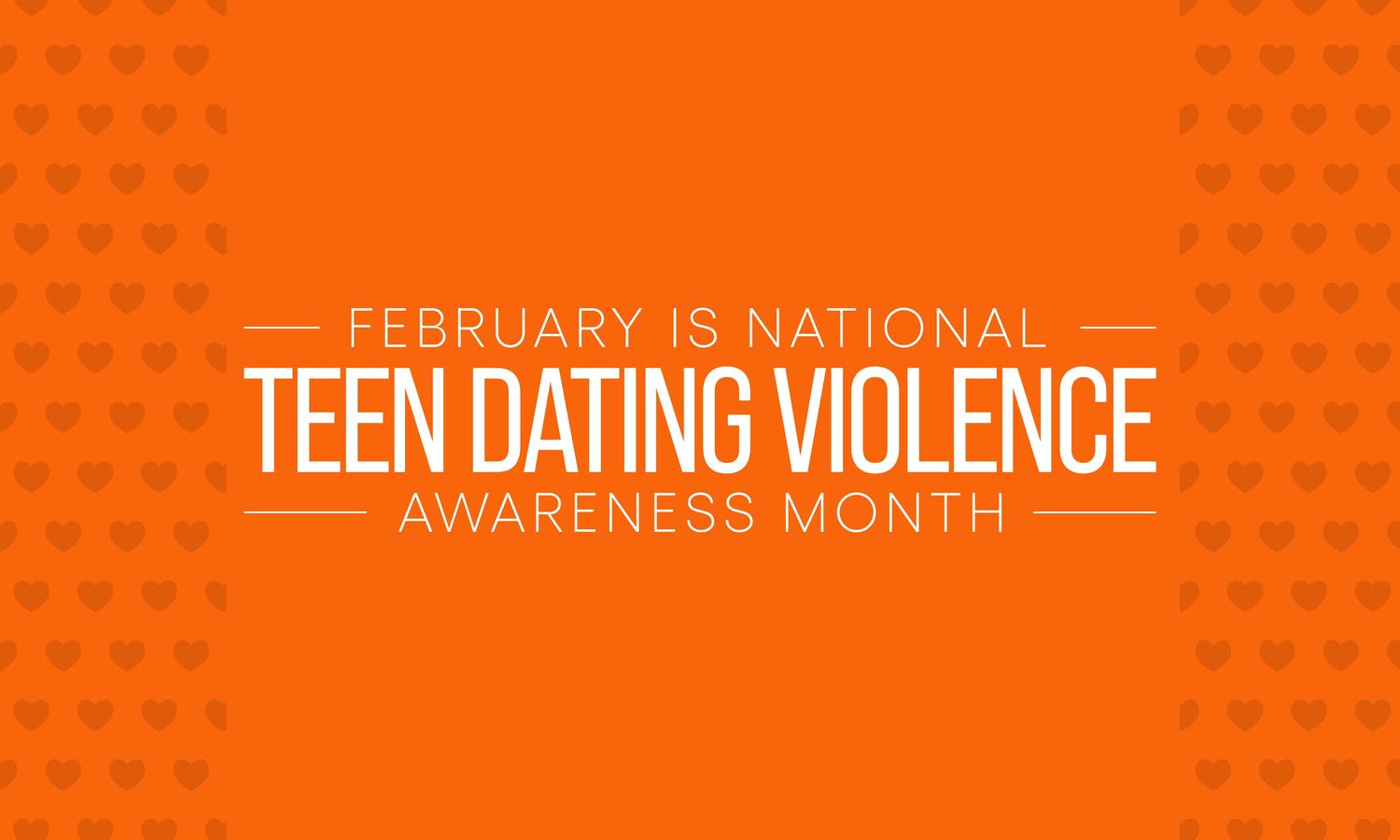
Chest of Hope is one of the few organizations in San Joaquin County that provides education, intervention, and comprehensive supportive services to victims of domestic violence. Chest of Hope specifically focuses on the needs of teenagers with their Teen Dating Violence Youth Program According to Youthgov, "The ultimate goal of education about youth violence is to stop teen dating violencebeforeitbegins.Duringthepreteenand teen years, young people are learning the skills they need to form positive, healthy relationships with others Therefore, it is an ideal time to promote healthy relationships and prevent patterns of teen dating violence that can last intoadulthood."
Chest of Hope often partners with local individuals, groups, and agencies in the region who share a common interest in supporting the needs of vulnerablegroups,includingwomenandchildrenin crisis who have been displaced due to domestic violenceandhumantrafficking
Recently,theorganizationopened"Hope'sPlace", an emergency housing facility in San Joaquin Countyforwomenandchildrenfleeingcrises Teens needing immediate support should contact theirlocallawenforcementagencyorreportabuse to a trusted adult, such as a parent, doctor, or school administrator. Chest of Hope's Help Line is alsoavailableforlocalsupport:209.259.5552. Nationalresourcesandsupportarealsoavailable by visiting Love Is Respect: https://wwwloveisrespectorg/ or Break The Cycle: https://wwwbreakthecycleorg/
To see President Joe Biden's Proclamation on Teen DatingViolenceAwarenessMonth,pleasevisit: https://wwwwhitehousegov/briefingroom/presidential-actions/2023/01/31/aproclamation-on-national-teen-dating-violenceawareness-and-prevention-month-2023/
Juvenile domestic violence courts were established in response to the increase in teen dating violence, family violence initiated by teens, and violence between unmarried teen parents
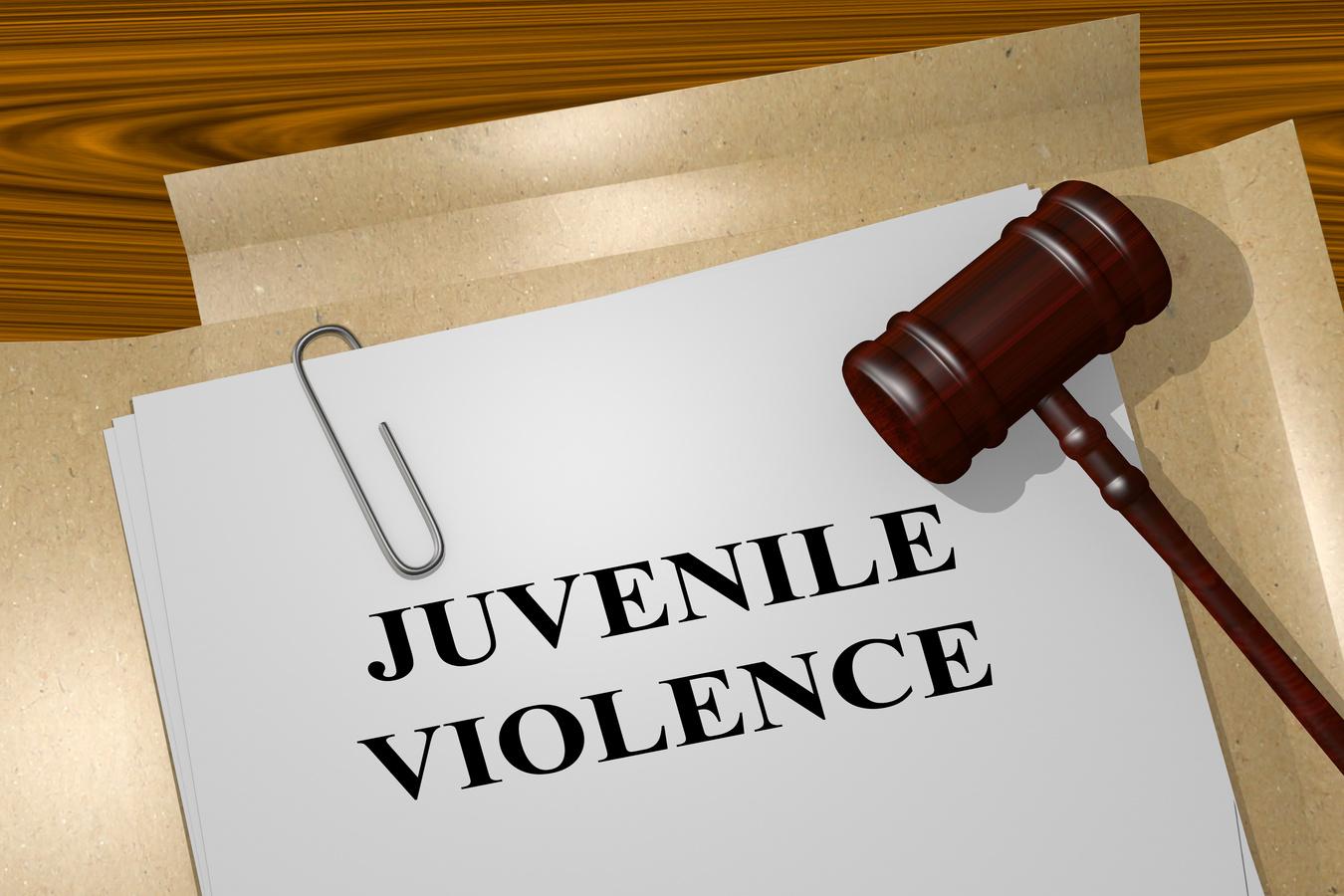

The juvenile domestic violence court, sometimes called dating violence or youth violence court focuses on youth who have committed violence in the context of a specific relationship These courts address violent incidents by ensuring accountability by addressing the behavior of the minor committing the abusive act(s), ensuring safety, and providing support for the victim In California, there are 33 domestic violence courts and three known juvenile violence courts
To learn more about Juvenile Domestic Violence Court and other collaborative justice courts, please visit: https://wwwcourtscagov/5987htm
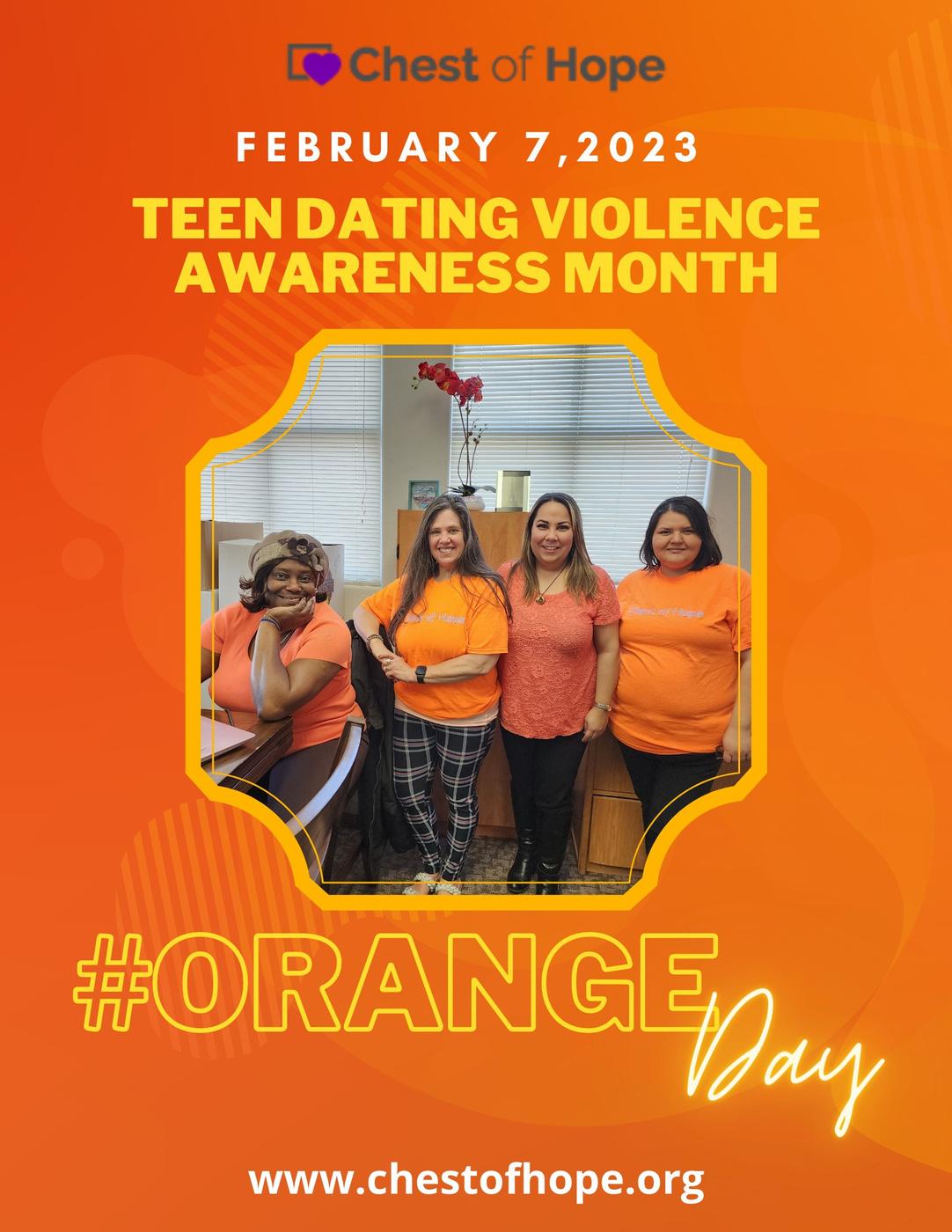


Teen dating violence is also intimate partner violence and affects about 10% of teenagers between the ages of 12 and 18. 1 in 3 teenagers or adolescents in the U.S. are victims of physical, emotional, sexual, or verbal abuse from their dating partner. 1 in 10 high school students has been purposely hit, slapped, or physically hurt by their dating partner 1in 3 teens in an abusive relationship never told anyone about the abuse Dating violence includes digital; the abuse is not always physical There are signs of healthy and unhealthy behaviors and warning signs to parents if their teen is also in one Look for Spending less time with family and friends
Excessive text messaging, phone calling, emailing, or visiting their partner. Giving up things that used to be important to them.
· Declining grades
· Begins dressing differently.
· Apologizing or making excuses for their partner's behavior
· Has a partner who is extremely jealous or possessive
Those are just some behaviors parents and guardians should be aware of when their teen starts dating Dating abuse is found in middle school, high school, and college. Still, part of combating this abuse is to make sure that your teen understands healthy and unhealthy relationships and that if they think that this may be a problem, they can talk about it to an adult that they trust.
Chest of Hope has counseling for teens who may be experiencing teen dating violence and it is confidential Wear Orange Day is Tuesday, February 7th in support of Teen Dating Violence Awareness
Teen Dating
Tips & Resources from the San Joaquin County Domestic Violence Task Force

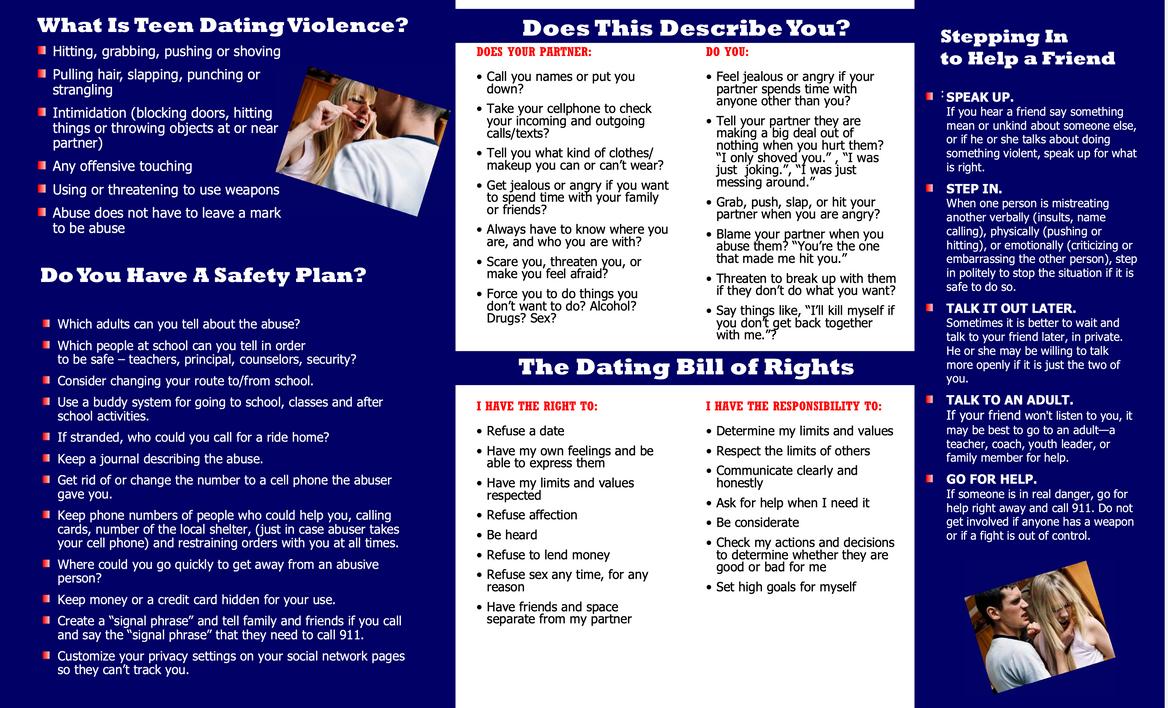
According to a School Fact Sheet published by the U.S. Department of Education, witnessing violence has been associated with decreased school attendance and academic performance 20% of students with failing grades had engaged in dating violence the previous year Teenage victims of dating violence are more likely than their non-abused peers to smoke, use drugs, engage in unhealthy dieting (e.g., taking diet pills or laxatives, vomiting to lose weight), engage in risky sexual behaviors, and attempt or consider suicide. All victims of gender-based violence are negatively impacted; however, research reveals that female victims often experience more severe and longer-lasting consequences than male victims

The report shared that nearly half of the students who experienced dating violence say that some violence occurred on school grounds. Research shows that most schools do not have protocols to address safety and intervention related to teen dating violence Schools can make a difference by doing the following:
Educate your community about prevention and identification. Develop locally tailored, appropriate responses to address teen dating violence. To provide effective support to traumatized youth or address the behavior and needs of perpetrators, adopt a comprehensive approach that considers the unique challenges of these offenses (e.g., victim reluctance to report and trauma from sexual violence).
Educating young people about healthy relationships is critical to preventing dating abuse. There are many tools available to help schools get started Click this link (http://www teendvmonth org/ForEducators) to learn about examples of resources for schools
Chest of Hope is also a local resource for teens in San Joaquin County experiencing dating violence For more information about Chest of Hope and how it can help, please call 209.831.7889.
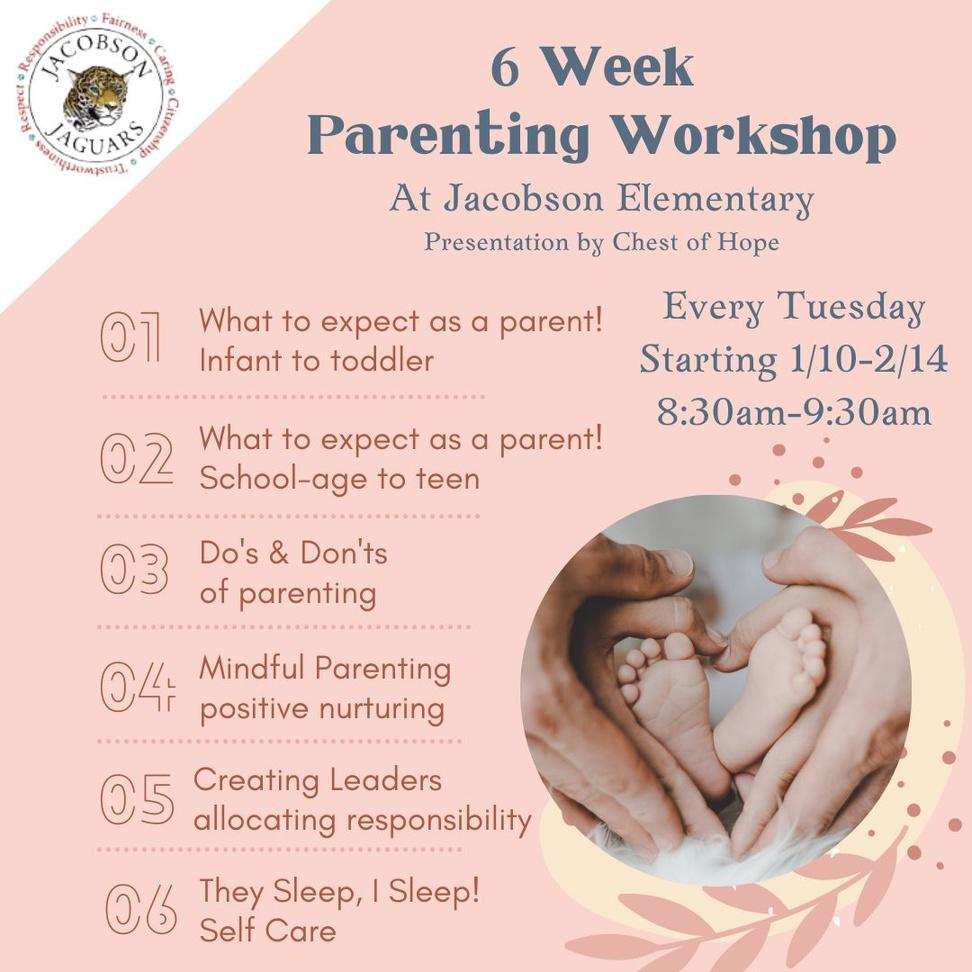
Chest of Hope se complace en continuar con su serie de talleres para padres. La última serie comenzó el 14 de enero y se extenderá hasta el 14 de febrero en la Primaria Jacobson. Para obtener más información sobre nuestros talleres para padres, llame al 209.831.7889 o visite chestofhope.org.
